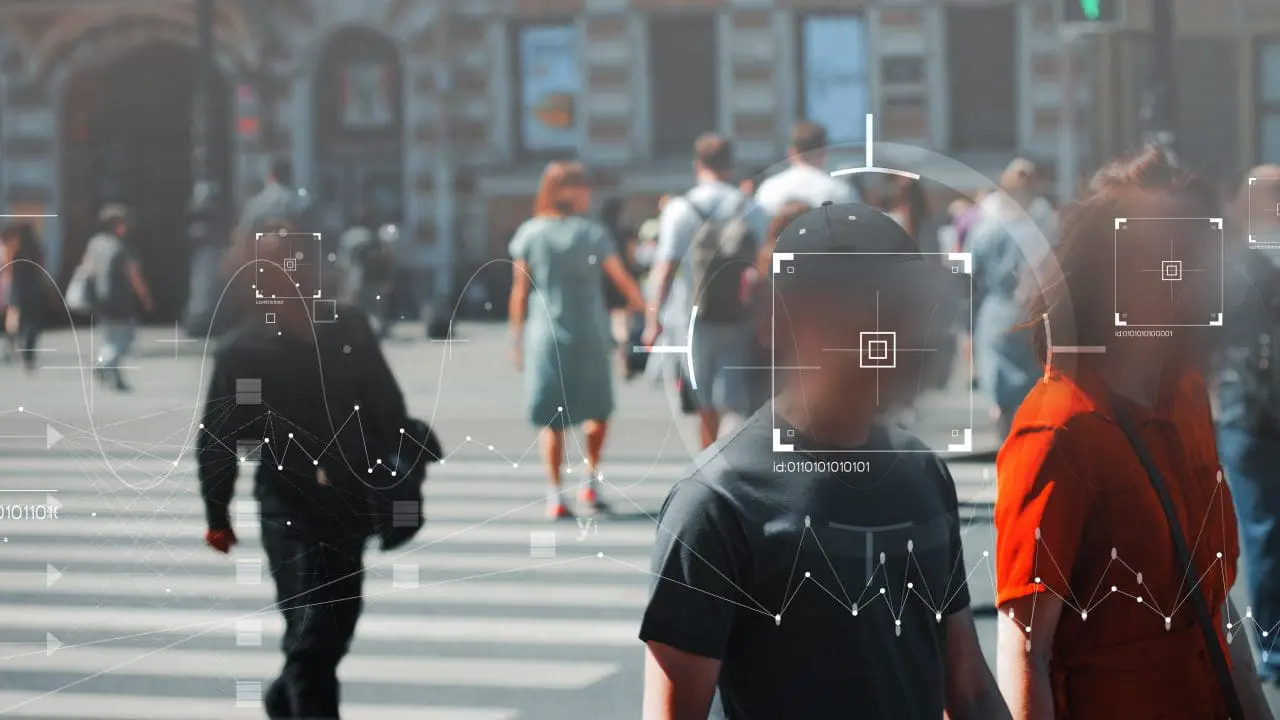

Artificial intelligence (AI) systems are increasingly being used to identify, track and monitor individuals. Nowhere is this trend more evident than in the use of facial recognition technology by law enforcement agencies around the world. In recent years, police forces have been trialling facial recognition software as a way of helping officers detect or prevent crime quicker. While some view these technologies as a useful tool in fighting crime, others argue that they present serious ethical concerns and should be regulated more stringently.
Proponents of facial recognition technology point out its potential advantages in assisting law enforcement. It can be used to enhance the efficiency and accuracy of traditional methods such as CCTV surveillance, making it quicker and easier for officers to identify individuals at crime scenes or on watchlists. Furthermore, its use has also been credited with helping police forces apprehend criminals more quickly and accurately than they would have done without it. On the other hand, critics of facial recognition argue that its use by law enforcement is intrusive, inaccurate and open to abuse.
The debate surrounding facial recognition technology raises important questions about the balance between security and privacy. On one hand, many argue that law enforcement’s use of these technologies is necessary in order to protect the public and prevent crime. On the other hand, there are valid concerns about how facial recognition could be abused by police forces and used to infringe on people’s civil liberties. As such, it is important for governments to create robust regulation around the use of facial recognition technology by law enforcement agencies.
Despite the potential ethical implications, it appears that law enforcement agencies will continue to embrace facial recognition technology in one form or another. At present, many police forces around the world are already using some form of automated facial recognition system, with a variety of different software programs available on the market. It is likely that these technologies will become increasingly sophisticated and integrated into surveillance systems in the near future.
As facial recognition technology becomes increasingly widespread, it is important to understand how its use could affect individual rights. Some worry that these systems could lead to an increase in unlawful searches or false arrests, while others are concerned about the implications for privacy and freedom of expression. Given the potential consequences of using such powerful technologies, it is essential for governments to ensure that necessary safeguards are put in place before facial recognition software can be used by police forces.
While facial recognition technology has the potential to be a great asset in helping law enforcement fight crime, it is also important to consider its drawbacks. In particular, it is essential for governments to evaluate the potential benefits and risks associated with using these technologies, as well as any challenges that may arise from their implementation. It is also important to consider how this technology could affect broader social issues such as public safety and freedom of expression.
As with any new technology, there are ethical implications associated with police use of facial recognition systems. These include questions about the accuracy of the software, privacy concerns regarding its use for monitoring individuals’ activities, and the potential for discrimination or profiling. In addition, there are also implications for how such systems could be used in situations where individuals’ rights might be infringed upon, such as when determining guilt or innocence in criminal cases.
As facial recognition technology becomes more widely used by law enforcement agencies around the world, it is essential that appropriate regulation is put in place to ensure its proper use. This includes measures to ensure accuracy and accountability of the software, as well as limits on the circumstances under which authorities can deploy facial recognition systems. It is also important to consider how any data collected from these systems will be stored and protected against misuse or abuse.
As facial recognition technology continues to develop, it is important for governments and the public to re-examine the debate surrounding its use by law enforcement agencies. This includes weighing up both the potential advantages that facial recognition systems can bring in terms of crime prevention and investigation, as well as any ethical concerns or risks associated with their deployment. Ultimately, it is clear that any decision about police use of these technologies must be carefully considered and involve thorough discussion and consultation with all stakeholders.


